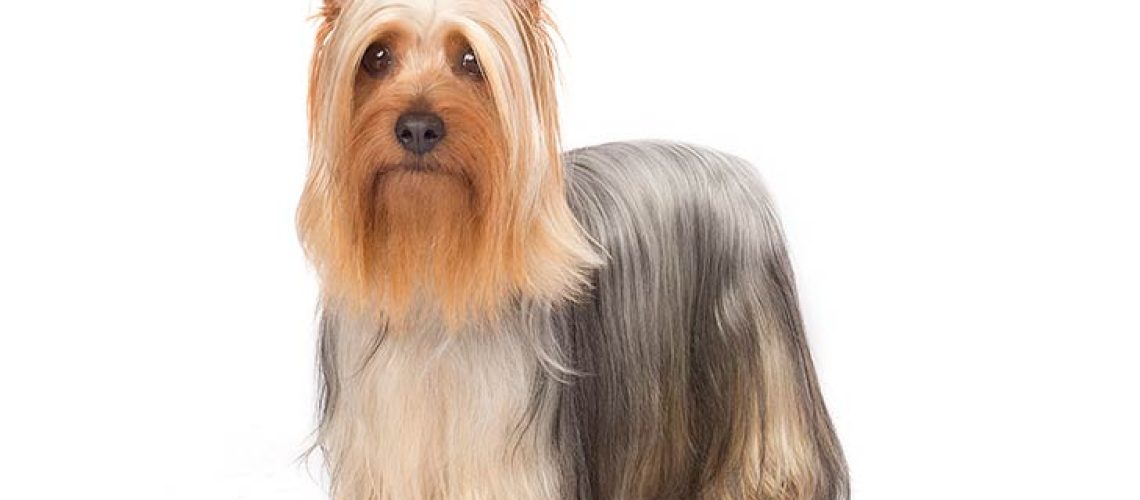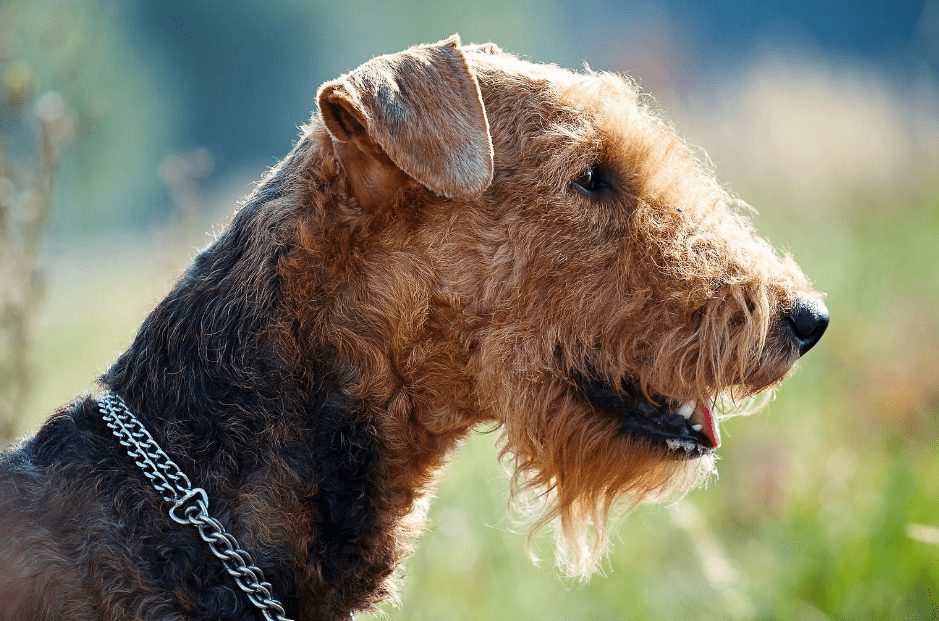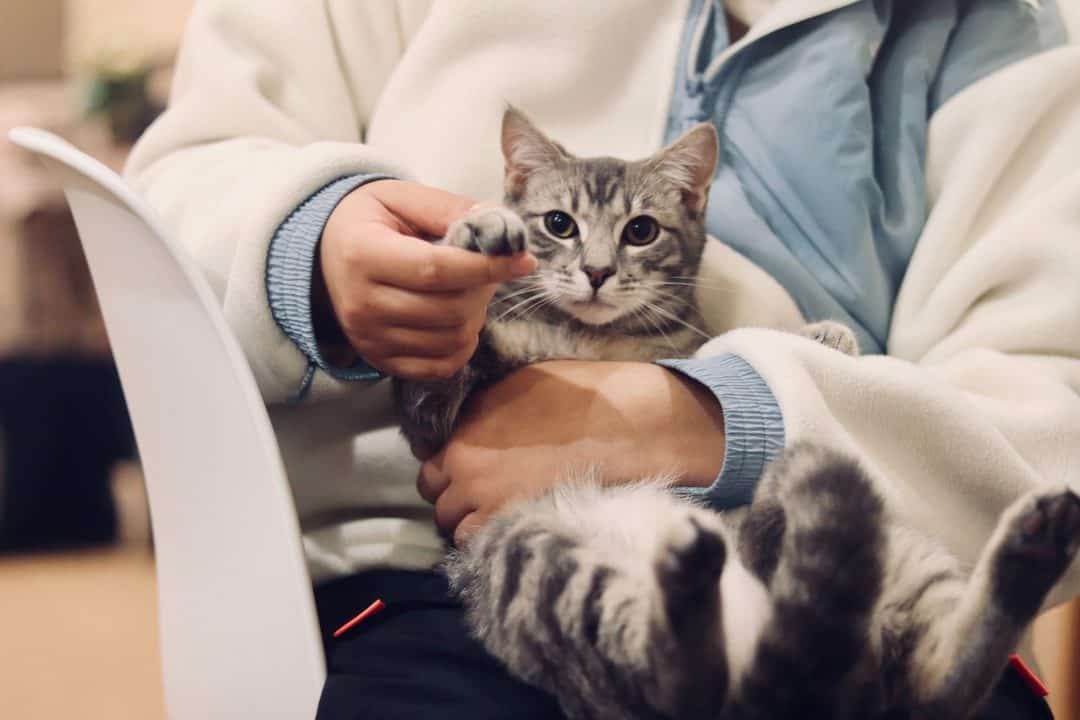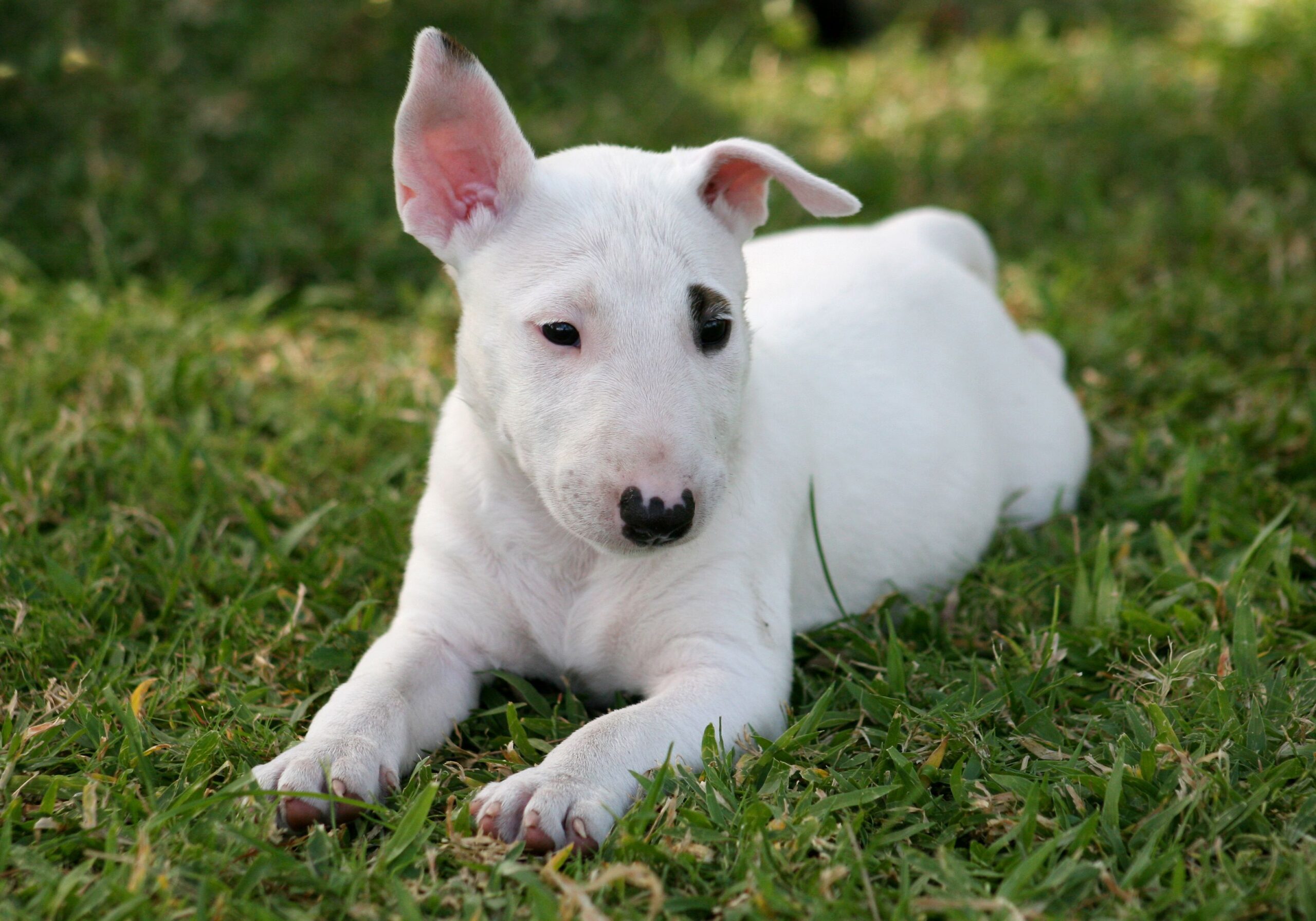Key Takeaways:
- Silky Terriers are small and energetic dogs that require regular exercise to prevent boredom and destructive behavior.
- They have a luxurious, silky coat that requires regular grooming to prevent matting and tangling.
- Silky Terriers are intelligent and trainable, but can be stubborn at times, so consistent and patient training is necessary.
- They are generally good with children and other pets if properly socialized from an early age.
- Regular veterinary check-ups and vaccinations are important to maintain the health of Silky Terriers, as they can be prone to certain genetic health issues.
Are you ready to embark on a journey into the world of Silky Terriers? These adorable little dogs may be small in size, but they are big on personality and charm. By delving into the characteristics and care of this unique breed, you will not only gain a deeper understanding of these furry companions, but also discover the joy and fulfillment that comes with being a responsible dog owner. Whether you're considering adding a Silky Terrier to your family or simply curious about this delightful breed, this exploration will provide you with valuable insights and practical tips for their care. So, let's dive in and uncover the wonders of Silky Terriers together!
Key Characteristics of Silky Terriers
Intelligent and Energetic
Silky Terriers are known for their intelligence and high energy levels. They are quick learners and can easily pick up new commands and tricks. Their energetic nature makes them great companions for active individuals or families who enjoy outdoor activities.
These dogs thrive on mental and physical stimulation, so it's important to provide them with plenty of exercise and playtime. They enjoy games like fetch, agility training, and going on long walks or hikes. Keeping them mentally stimulated with puzzle toys or obedience training sessions will also help prevent boredom.
Loyal and Protective
Silky Terriers are known for their loyalty towards their owners. They form strong bonds with their families and can be quite protective of them. This makes them excellent watchdogs as they will alert you to any potential threats or strangers approaching your home.
However, it's important to socialize your Silky Terrier from a young age to ensure they are comfortable around other people and animals. Early socialization will help prevent any potential aggression or fear-based behavior in unfamiliar situations.
Affectionate and Playful
Silky Terriers have a playful and affectionate nature, making them great companions for both individuals and families. They love spending time with their owners, whether it's cuddling on the couch or playing games in the backyard.
These dogs crave human attention and thrive on being part of the family. They may become anxious or develop behavioral issues if left alone for long periods of time. Regular interaction, exercise, and mental stimulation are essential for keeping your Silky Terrier happy and well-adjusted.
Size and Weight of Silky Terriers
Small and Lightweight
Silky Terriers are small dogs with a lightweight build. On average, they stand about 9 to 10 inches tall at the shoulder and weigh between 8 to 11 pounds. Their compact size makes them suitable for apartment living or homes with limited space.
Their small stature also means they can be easily carried or transported, making them great travel companions. However, it's important to handle them with care as their delicate frames can be prone to injury if mishandled or dropped.
Sturdy and Well-Proportioned
Despite their small size, Silky Terriers have a sturdy and well-proportioned body. They have a straight back, strong legs, and a deep chest. This gives them an agile and athletic appearance despite their toy-like dimensions.
Their muscular build allows them to keep up with active lifestyles and participate in various physical activities. Regular exercise is important for maintaining their overall health and preventing obesity, which can lead to joint problems or other health issues.
Coat Type and Grooming Needs of Silky Terriers
Luxurious Silky Coat
Silky Terriers have a beautiful coat that is long, silky, and smooth. Their hair grows continuously throughout their lives, similar to human hair. The coat is hypoallergenic, meaning it produces fewer allergens compared to other dog breeds, making them suitable for individuals with allergies.
Their coat comes in various colors such as blue and tan or silver and tan. Regular grooming is necessary to keep their coat looking its best.
Grooming Requirements
- Regular brushing: To prevent matting and tangling of the hair, daily brushing is recommended. This will also help remove any loose hair and keep the coat healthy.
- Trimming: Silky Terriers require occasional trimming to maintain a neat appearance. This includes trimming around the ears, paws, and bottom area.
- Bathing: Bathing should be done every 4-6 weeks or as needed. Use a gentle dog shampoo and conditioner specifically formulated for their coat type.
- Ear cleaning: Regularly check and clean their ears to prevent infections. Use a veterinarian-approved ear cleaning solution and gently wipe the outer part of the ear with a cotton ball or pad.
Silky Terriers' Compatibility with Children and Other Pets
Friendly with Children
Silky Terriers are generally friendly and affectionate towards children. They can be great playmates for kids who understand how to interact with dogs properly. However, it's important to supervise interactions between young children and dogs to ensure both parties remain safe.
Teaching children how to approach, handle, and respect dogs' boundaries is crucial in maintaining a harmonious relationship between them. Silky Terriers may not tolerate rough handling or excessive pulling of their fur, so teaching children gentle petting techniques is essential.
Potential Challenges with Other Pets
Silky Terriers have a strong prey drive due to their terrier heritage. This means they may see smaller animals such as cats, rabbits, or rodents as potential prey rather than companions. Early socialization and training can help minimize this instinctual behavior.
Introducing them to other pets at a young age and providing proper supervision during interactions is important for ensuring compatibility. Some Silky Terriers can get along well with other dogs if they are properly socialized, while others may exhibit dominant or territorial behavior.
Common Health Issues in Silky Terriers and How to Manage Them
Patellar Luxation
Patellar luxation is a common health issue in Silky Terriers. It occurs when the kneecap (patella) slips out of its normal position. This can cause lameness, pain, and difficulty walking. In severe cases, surgery may be required to correct the condition.
To manage patellar luxation, it's important to provide your Silky Terrier with regular exercise to strengthen their leg muscles. Maintaining a healthy weight is also crucial as excess weight can put additional strain on the joints.
Dental Problems
Silky Terriers are prone to dental issues such as tooth decay, gum disease, and tartar buildup. Regular dental care is essential for maintaining their oral health. This includes brushing their teeth regularly with a dog-specific toothbrush and toothpaste, providing dental chews or toys, and scheduling regular dental cleanings with a veterinarian.
Feeding them a balanced diet that promotes good oral health can also help prevent dental problems. Avoid giving them sugary treats or human food that can contribute to tooth decay.
Exercise Needs for Silky Terriers and Suitable Activities
Daily Exercise Requirements
Silky Terriers have moderate exercise needs. They require daily physical activity to keep them mentally stimulated and physically fit. Aim for at least 30 minutes to an hour of exercise each day.
This can be achieved through activities such as brisk walks, play sessions in the backyard, interactive games like fetch or hide-and-seek, or participating in dog sports like agility training or obedience trials.
Mental Stimulation
In addition to physical exercise, Silky Terriers also need mental stimulation to prevent boredom and destructive behavior. Engage them in activities that challenge their problem-solving skills, such as puzzle toys or obedience training sessions.
Teaching them new tricks or participating in canine sports that require mental focus can also provide the mental stimulation they need. Regular interaction with their owners through playtime and training sessions is crucial for their overall well-being.
Dietary Requirements for Silky Terriers and Recommended Diet
High-Quality Dog Food
Silky Terriers require a balanced and nutritious diet to support their overall health and well-being. Feed them high-quality dog food that is specifically formulated for small breeds. Look for a brand that lists meat as the main ingredient and avoids fillers or artificial additives.
The amount of food your Silky Terrier needs will depend on their age, weight, activity level, and metabolism. It's important to follow the feeding guidelines provided by the dog food manufacturer or consult with a veterinarian to determine the appropriate portion size.
Avoid Overfeeding
Silky Terriers have a tendency to gain weight if overfed or given excessive treats. Obesity can lead to various health issues, including joint problems and heart disease. It's important to monitor their calorie intake and avoid free-feeding.
Divide their daily food portion into two meals to prevent overeating. Treats should be given in moderation and should not exceed 10% of their daily calorie intake.
In conclusion, the Silky Terrier is a small and energetic dog breed known for its silky coat and friendly nature. Taking care of a Silky Terrier involves regular grooming, exercise, and providing a loving home environment.
Are Silky terriers high maintenance?
Silky Terriers require regular dental care as they often experience dental issues, so brushing their teeth at least three times a week is necessary. They are highly active indoors and are suitable for living in apartments and traveling. It is important to leash walk your Silky as they have a tendency to chase small animals.
Do Silky terriers make good pets?
Silky terriers are adored as family pets in the toy group. They are friendly and enthusiastic, always eager to bring joy to their loved ones. Despite their small size, they possess the good qualities commonly found in small dogs, such as their lively and spirited nature. Fortunately, they are not prone to excessive barking or fragility.
Can Silky terriers be left alone?
Silky terriers are highly intelligent dogs. However, if they are left alone for extended periods or become bored, they may display destructive behavior.
What are some interesting facts about Silky terriers?
The spirited silky terrier was created in Sydney, Australia in the 1800s to accommodate people living in small homes. This terrier has hair that resembles human hair and sheds a similar amount on a daily basis. These dogs are very active and typically measure around nine inches in height and weigh approximately 10 pounds.
Do Silky Terriers like to cuddle?
Due to its fine coat, the Silky breed of dog requires regular grooming and brushing to avoid matting. They thrive when living with individuals who genuinely love dogs. This breed enjoys cuddling, going for car rides, and being constantly by their owner's side.
What is the lowest maintenance terrier?
Russell Terriers are a suitable choice for individuals seeking a low-maintenance pet due to their energetic nature. They are quick to learn and easily adjust to new surroundings. With minimal grooming requirements and regular vet check-ups, Russell Terriers are a relatively easy breed to care for.

















